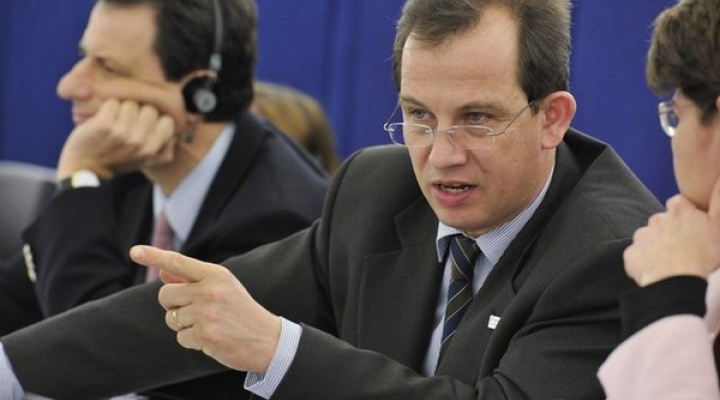An increasing number of MEPs recognize the "Copenhagen dilemma" in the EU
As a prerequisite for accession to the Union, candidate countries have to meet a set of criteria, guaranteeing the independence of the judiciary system as well as the rights of minority communities. However, after a country joins the EU the situation is no longer monitored and the Commission has little to no framework for penalizing the member states that fail to meet these criteria.
RMDSZ MEP Csaba Sógor stressed the importance of the way in which institutions of the European Union, the Council and the Commission intend to deal with issues related to the rule of law within the Member States. The MEP pointed out that the EU institutions can only earn the confidence of the citizens if they openly and honestly address the issues that are of concern to them. “We openly express our views regarding a number of issues here in the parliament, but unfortunately the experience so far has shown that the Commission did not substantially address these issues, considering them outside of its competence, while the Council composed of representatives of the Member States was always reluctant to address individual cases” – stressed Csaba Sógor during the debate. As a minority representative he also emphasised that if a dialogue on fundamental rights is opened, the Council and the Commission must not only listen to views of the Member States, but also hear the complaints of traditional minorities.
Csaba Sógor expressed his opinion
that Greece, France, Slovakia and Romania fail most in finding solutions to
address minority protection issues, and that member states should be encouraged
by the EU institutions to exchange best practices, even if some countries will
not be happy about this. “Failure to
start a real dialogue would equal to the EU admitting that it is unable to
secure progress in the enforcement of fundamental rights”. Sógor was pleased
to note that during the debate an increasing number of MEPS recognize the so-called
Copenhagen dilemma and which is more,
they call for stronger action regarding issues of human rights and the rule of
law. Answering the concerns of MEPs, Vice-President of the Commission, Frans
Timmermans explained: the rule of law
and human rights are just as important as economic cooperation in the European
Union, because democracy alone does not guarantee the respect for fundamental rights.











